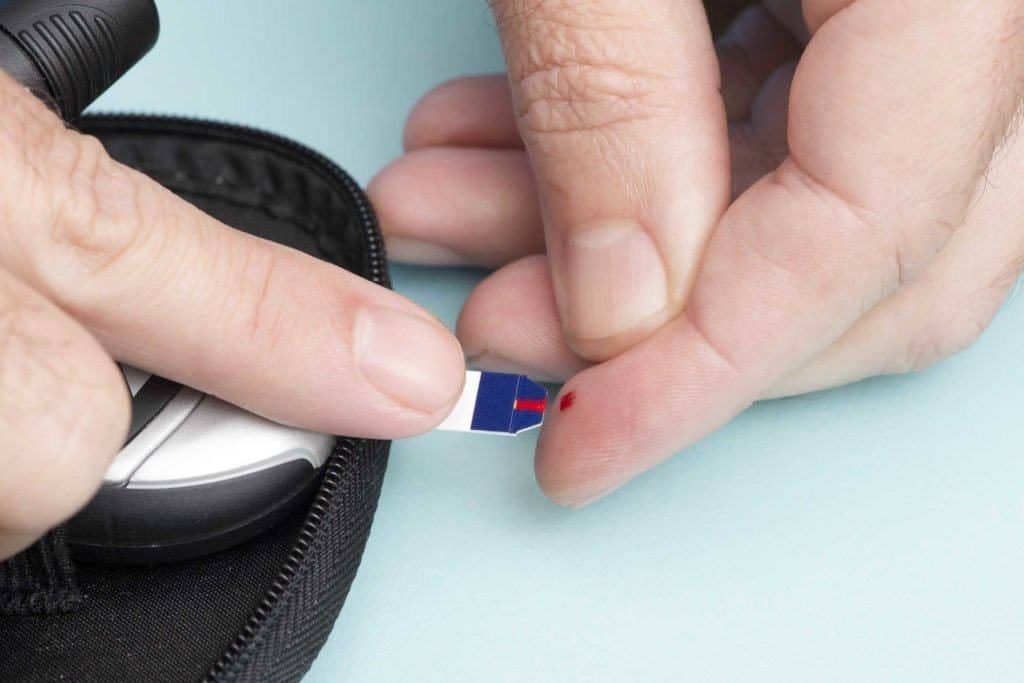Contents:
- Medical Video: How does sitagliptin work? DPP-4 inhibitors and GLP-1 mimetics
- The workings of dipeptidyl peptidase 4 inhibitors
- What are the side effects arising from the use of dipeptidyl peptidase 4 inhibitors?
- That needs attention
Medical Video: How does sitagliptin work? DPP-4 inhibitors and GLP-1 mimetics
Dipeptidyl peptidase 4 inhibitors are oral antidiabetic drugs that help control blood sugar levels for the treatment of type 2 diabetes. Dipeptidyl peptidase 4 inhibitors reduce blood glucose levels by helping the body produce more insulin when needed, especially after eating. It will also help prevent the liver from releasing glucose into the blood.
Dipeptidyl peptidase 4 inhibitors have five generic names, namely Sitagliptin, Vildagliptin, Saxagliptin, Alogliptin and linagliptin.
The workings of dipeptidyl peptidase 4 inhibitors
Dipeptidyl peptidase 4 inhibitors inhibit the breakdown of Glucagon-Like Peptide-1 (GLP-1), a glucagon peptide-like substance, and increase the effect of incretin hormones if you have type 2 diabetes.
This drug blocks the enzyme dipeptidil peptidase 4 and regulates insulin levels in the body after eating. Dipeptidil peptidase 4 helps increase the incretine hormone which inhibits the release of glucagon. This will increase insulin secretion, slow gastric emptying, and thus blood sugar will also go down.
What are the side effects arising from the use of dipeptidyl peptidase 4 inhibitors?
Dipeptidyl peptidase 4 inhibitors will not cause blood glucose to drop by itself. However, the risk of lowering blood glucose will increase if you use:
- Diabetes pills that cause low blood glucose
- Insulin
It's possible that your doctor will recommend you use a lower dose of other diabetes drugs when you use these pills.
Possible side effects, namely:
- Flu
- Cold
- Sore throat
- Headache
- Signs of upper respiratory tract infection (stuffy or runny nose and sore throat)
- Signs of urinary tract infection (burning or pain when urinating, bleeding in urine, and / or fever)
- Other types of infections
Call 112 or emergency services immediately if you experience:
- Difficulty breathing
- Swelling of the face, lips, tongue, or throat
- Itchy
That needs attention
If you use a dipeptidyl peptidase 4 inhibitor and have kidney problems, your doctor will recommend a blood test to find out how well your kidneys are functioning.
If you are pregnant, planning to become pregnant or breastfeeding, have type 1 diabetes, or a condition called diabetic ketoacidosis, please talk to your doctor about using dipeptidyl peptidase 4 inhibitors.












